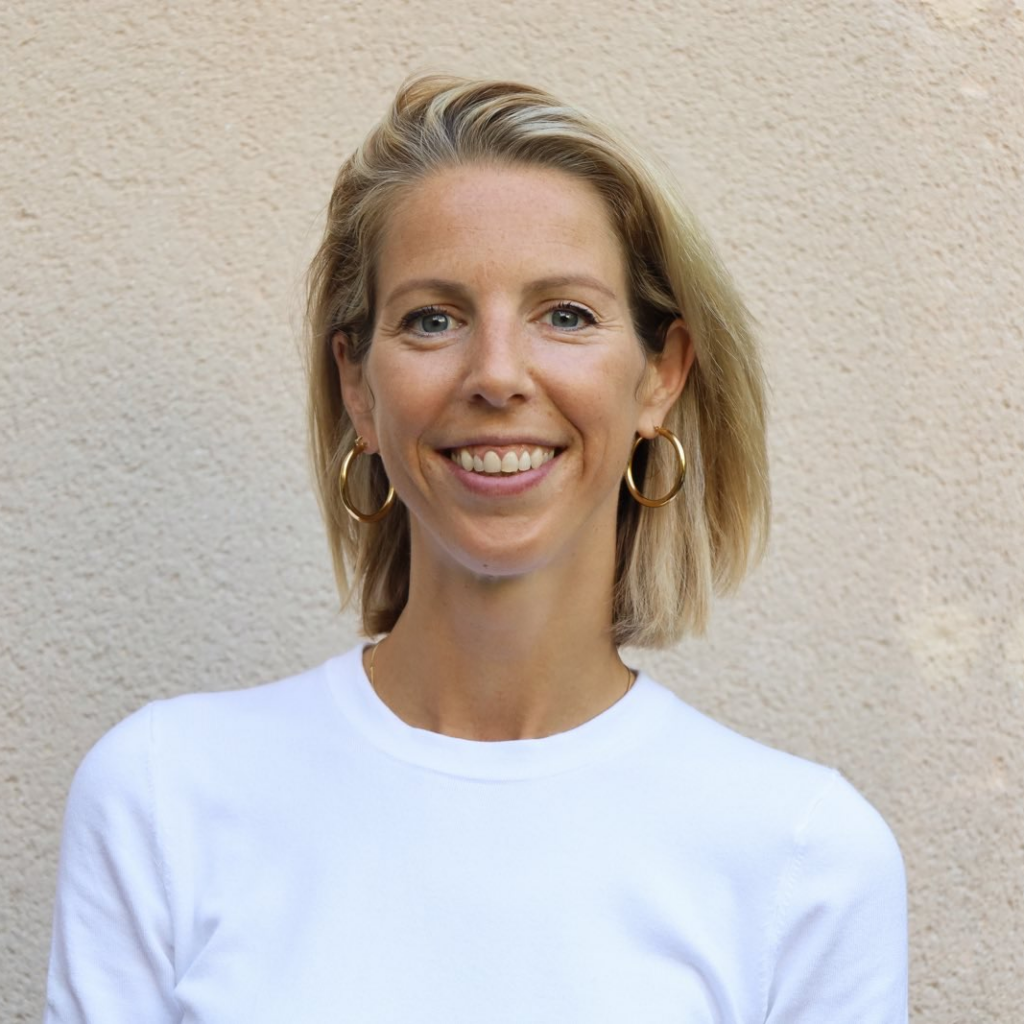Testimonials

Jeanne Pavard
My name is Jeanne Pavard, and I am 40 years old. I had the chance to be selected and participate in the Tocqueville Fellowship in the summer of 2006.
What inspired you to apply for the Tocqueville Fellowship, and what did you hope to accomplish?
At that time, I was at the beginning of my professional career, which I always wanted to dedicate to serving my country. After studying journalism in Paris, I started working for various newspapers specializing in public policy issues. I then joined the only taxpayer advocacy association in France, inspired by American models, Contribuables Associés. I initially wrote articles and reports on public money waste and conducted numerous interviews with elected officials, journalists, and experts in all fields related to public money… And in France, there are many! I then had a project, in connection with the leaders of Contribuables Associés, to contribute to the association’s lobbying work, particularly with politicians. As part of this reflection, I applied for the Tocqueville Fellowship to study the work of American lobbying associations, whose methods are far more developed and professional than ours.
Can you describe one of the most memorable experiences you had during your stay in Washington, D.C.?
One of our first meetings was with the director of the Heritage Foundation, an association that works to raise public awareness of the need to preserve conservative values in American society. We were received in a large room on the ground floor of a building. Given the association’s field of work, we expected modest premises, and we were already impressed by the modernity and quality of this meeting room… But we were even more surprised when we realized that this association, in addition to this large modern room on the ground floor, owned the entire building, which seemed gigantic to us! This was just the first step in an immersion into a world where lobbying, regardless of political color, is practiced extremely professionally and with considerable resources, far from what we were used to in France.
What were the main lessons from your fellowship that had an impact on your personal and professional life?
Professional rigor was the first and most important lesson learned from this stay.
Thanks to the various meetings and visits organized by the TF, I discovered that Americans conduct all activities, including activism, with great rigor. This self-imposed standard, applied to all activities, stems from an ambitious national vision and a highly developed sense of patriotism.
Patriotism.
The sense of commitment to one’s country, its history, and the responsibility of each individual in the direction taken by their country, collectively, are intrinsic values of American society. This patriotism is expressed at all levels of society, from the American flag planted in the yard to the engagement of young people in associations and politics…
These two main observations, among many others, strengthened my commitment and significantly raised my professional standards and ambitions for my country.
How did the fellowship facilitate networking opportunities, and could you share how these connections helped you in your career?
I have maintained professional and friendly relationships with all the members of my cohort, who have all remained very engaged without exception! This experience brought us together strongly. Every time I meet them, shared memories come up that have impacted us all similarly. However, the contacts made with American associations were not continued.
What specific skills did you develop during the fellowship that are useful in your current role?
Mainly, I developed my knowledge of American institutions, issues specific to the country, and the forces at play.
The interviews and training at the Leadership Institute also allowed me to develop specific technical skills in communication, lobbying, and media relations, which I have had the opportunity to implement throughout my professional life.
Based on your experience, what advice would you give to someone considering applying for the Tocqueville Fellowship?
First of all, I would advise any candidate to prepare well for their stay. They should first study (or review) the political history of the United States, read American newspapers daily for at least six months before their departure, and finally gather precise information on the associations, personalities, and media they will meet.
It is also very important to prepare a concrete, effective project to implement upon returning. The more concrete the project, the easier it will be to implement, as Americans are very practical, and the fellow will be able to acquire many practical skills throughout their visit.
Looking back, how has the Tocqueville Fellowship influenced your professional trajectory?
The Tocqueville Fellowship has had a significant and lasting influence on my professional path.
In general, the teachings described above have had a lasting impact on my work methods and investment in each of my commitments. I still often take inspiration from or mention encounters made during the TF in my work.
In the short term, I was able to implement the project I had defined for this stay upon my return to France, namely: developing the public relations of the association I worked for, Contribuables Associés.
If you had to summarize your Tocqueville Fellowship experience in a few words, what would they be?
The Tocqueville Fellowship is a unique opportunity to discover behind the scenes and the methods of American civil society in a very privileged way. Or how to professionalize and boost one’s engagement through the American model.